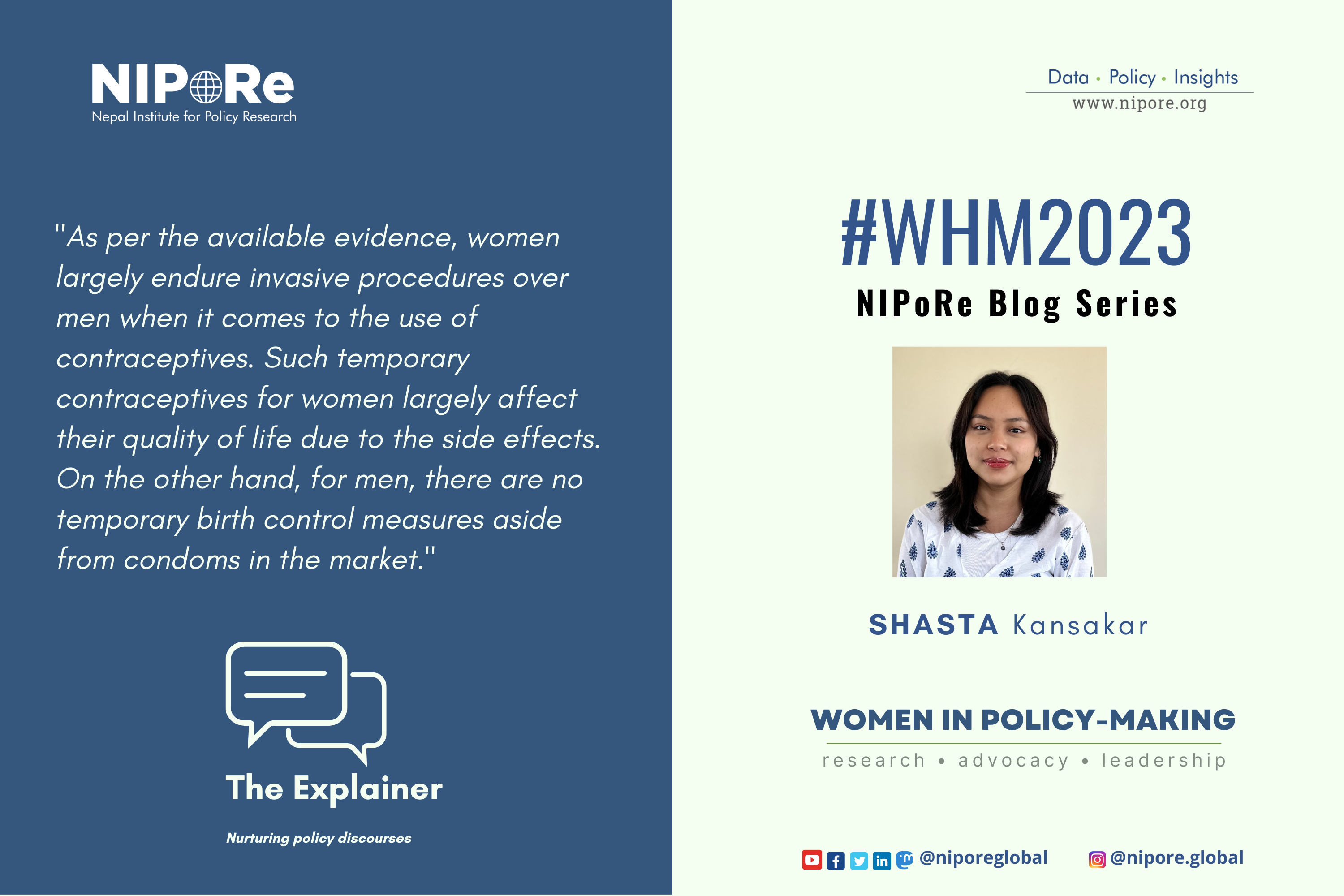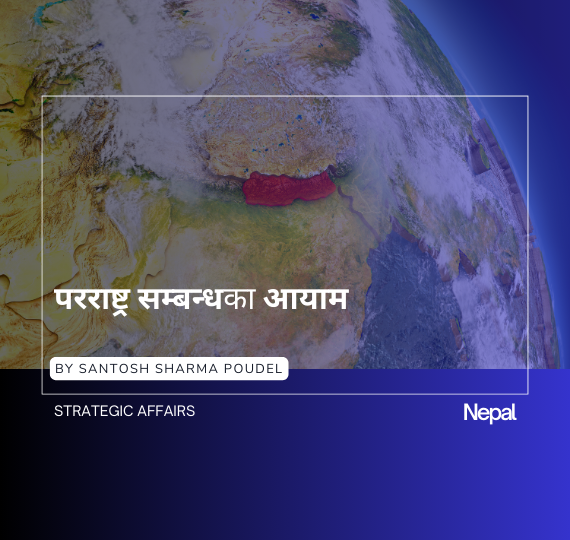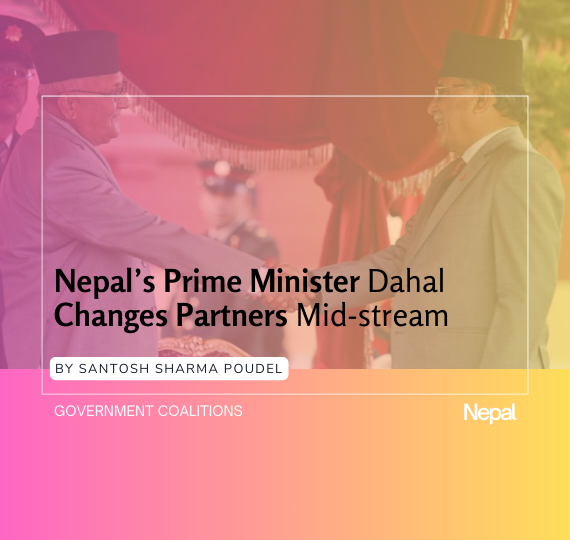– SHASTA Kansakar
Almost half of Nepali women of reproductive age use contraceptive measures. Condoms, morning-after pills, and intrauterine devices (IUD) are a commonality for contemporary Nepalis. Having these choices and access to contraceptives is crucial for reproductive healthcare and empowerment. This allows for ease of family planning as well as sexual liberation. It is great that Nepal has reached many milestones with regard to reproductive health, for example meeting MDGs and SDGs. However, it is to be noted that women bear the brunt of using contraceptives over men.
In 2019, 47 percent of Nepali women aged 15 to 49 reportedly used permanent or temporary contraceptives. These contraceptive methods commonly included female sterilization, birth control pills, IUDs, injectables, implants, and female condoms for women while men used condoms or underwent sterilization. Most of these contraceptives – bar condoms – are either injected or ingested, making them invasive procedures. According to a 2016 study, 28 percent of Nepali women relied on sterilization, 17 percent on injectables, nine percent on birth control pills, six percent on implants, and three percent on IUDs. In contrast, only ten percent of men had undergone sterilization. As per this data, women largely endure invasive procedures over men. Such temporary contraceptives for women largely affect their quality of life due to the side effects. On the other hand, for men, there are no temporary birth control measures aside from condoms in the market.
Women often report mood changes, weight gain, nausea, migraines, thinning hair, and irregular periods as a few of the side effects of contraceptives. Studies have also concluded that hormonal contraceptives could lead to severe conditions like depression, anxiety, and fatigue. Dr. Heera Tuladhar, head of gynecology and obstetrics at KIST Teaching Hospital, Kathmandu says that these side effects depend on the age and pre-existing conditions of the individuals. For instance, older women tend to experience more side effects. Similarly, while less than ten percent of women may be severely affected by hormonal contraceptives, progestin-only pills like Depo-Provera may lead to bleeding problems. Estrogen and progestin-based contraceptives like pills may lead to heart problems. As further mentioned by Dr. Tuladhar, only a small portion of women may experience severe reactions. Nonetheless, the minor side effects also impact the quality of life of many users and hence should not be ignored. Ironically, there have been many studies speculating whether the negative effects of women’s contraceptives are placebo or not. This is frustrating because not only do women overwhelmingly use contraceptives that intrude on their bodies, but their concerns are also brushed off and understudied by academics. Moreover, holistic research on the physical, mental, and sexual well-being of contraceptive users is acutely lacking. Sex is viewed as a purely biological process instead of a recreational one that intertwines with one’s social or familiar life. So, the sexual functioning or libido and the emotional state and burden of contraceptive-using women should be studied beyond medical side effects.
The emotional aspect in particular is also gravely undermined. Despite the ubiquity of contraceptives, it is still taboo to speak about them openly. This puts a mental burden on women, especially unmarried ones. There are many instances of gynecologists slut-shaming unmarried women for their sexual choices. It can hence be difficult for women to speak about their experiences with their peers and even medical professionals, isolating them from the support they might need.
Moving forward, Dr. Tuladhar hopes that newer contraceptives will have low doses and high efficacy. On the other hand, she says that healthcare providers should create a safe space for contraceptive users to express their discomfort. They should also not discriminate against unmarried women and prioritize the needs of the patients instead. In addendum, it is only proper to mention that contraceptives still have not saturated their reach in certain parts of Nepal. That being said, the ones who do have access to contraceptives should receive the care that they deserve. So perhaps it is high time we reflect on the physical and emotional impact it has on women, and the way forward in research and in society to enhance the experience of contraceptive users.
This blog is a part of NIPoRe’s blog series on Women’s History Month 2023




